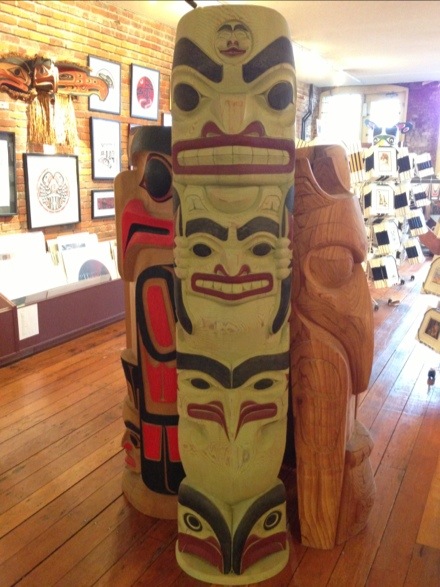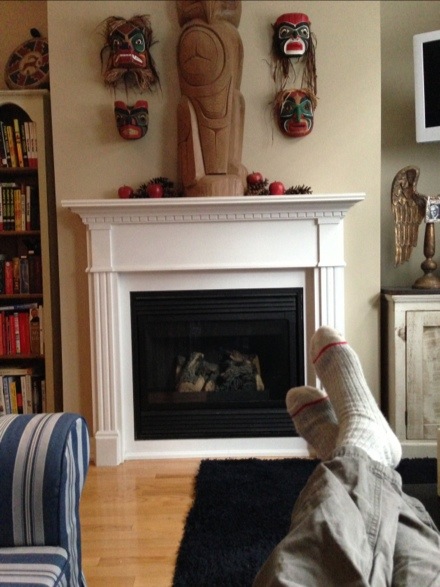It’s the holiday season, so it’s a good time to ask, should governments make rules for religion?
Never. The state has no business in the blessed places (as well as the bedrooms) of the nation. Full stop.
The separation of church and state isn’t as fundamental in Canada as it is in the United States. As James Madison, the fourth president, put it: “The purpose of separation of church and state is to keep forever from these shores the ceaseless strife that has soaked the soil of Europe with blood for centuries.”
The First Amendment to the U.S. Constitution accordingly makes clear Congress “shall make no law” regarding religion.
In Canada, we are (as in many things) different. For starters, the phrase “separation of church and state” isn’t to be found in our Constitution at all. Our anthem requests that God keep our land “glorious and free.” And, until as recently as 1994, a lengthy prayer was read in the House of Commons every day trumpeting the primacy of “our heavenly Father, high and mighty, King of kings, Lord of lords, the only Ruler of princes.”
That aside, most Canadians are uncomfortable with the notion the state should involve itself with religion. So, when Stockwell Day said in April 2000 “it was not possible” to keep religion out of politics — and, earlier, that government standards should be set “by God [and] His Bible” — Canadians were alarmed. They voted accordingly, giving Jean Chretien a bigger majority in 2000 than he had won in 1997.
So what, then, are we to make of Supreme Court of Canada’s niqab ruling on Thursday? In some ways, it was uniquely Canadian — it attempted to strike a compromise, and oozed reasonableness. On the difficult question of whether a Muslim sexual assault victim should be forced to remove her facial veil when testifying against an uncle and cousin who repeatedly violated her when she was a child, the high court was categorically vague.
Ruled the court:
“A clear rule that would always, or one that would never, permit a witness to wear the niqab while testifying cannot be sustained. Always permitting a witness to wear the niqab would offer no protection for the accused’s fair trial interest and the state’s interest in maintaining public confidence in the administration of justice.”
Get that? They’re against the niqab-wearing, it seems. But then this: “However, never permitting a witness to testify wearing a niqab would not comport with the fundamental premise underlying the Charter that rights should be limited only to the extent that the limits are shown to be justifiable.”
In short, a triumph of Canadian judicial vagueness. We are, after all, the people who apologize when Americans trod on our toes.
Thus, the decision doesn’t really help us much. In all, there were six niqab-related court cases under way in Canada. They ranged from the wearing of veils in polling stations in Quebec, to the requirement of removing them when taking the citizenship oath across Canada. The Supreme Court’s decision, which sought to please everyone, may well end up satisfying no one.
So, prepare yourself for the inevitable: Every kook and bigot with some spare time on his hands may commence litigation against the Sikh’s turban and beard, the Jew’s kippah and the Hasidic Jew’s clothing, the Hindu’s tilak facial markings, the styles favoured by traditional Mennonites and the Amish, or perhaps even the ostentatious display of a nun’s habit. I mean, why not, right? Fair’s fair.
Jews have considerable experience with politicians and judges telling them how to live.
Quebec’s Orthodox Jewish community recently appeared before a Quebec National Assembly committee to lend support to Muslims fighting a bill that would ban the wearing of the Muslim niqab when receiving government services. The Jewish Orthodox Council for Community Relations warned against adopting “hard and fast rules” that could create tensions between citizens.
The Supreme Court of Canada, apparently, didn’t listen to that, or care. So get ready for more trouble.
Oh, and Merry Christmas.
Comments (14)



